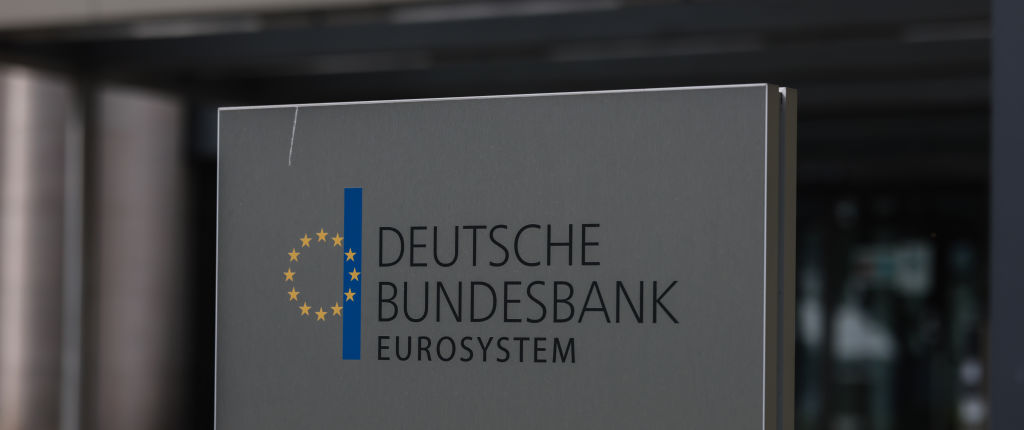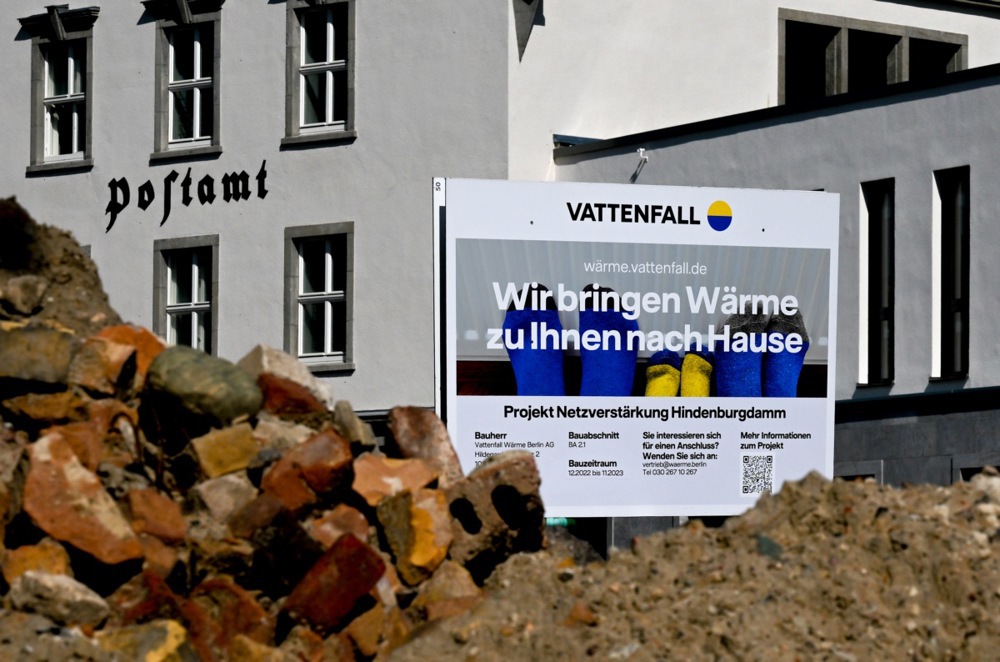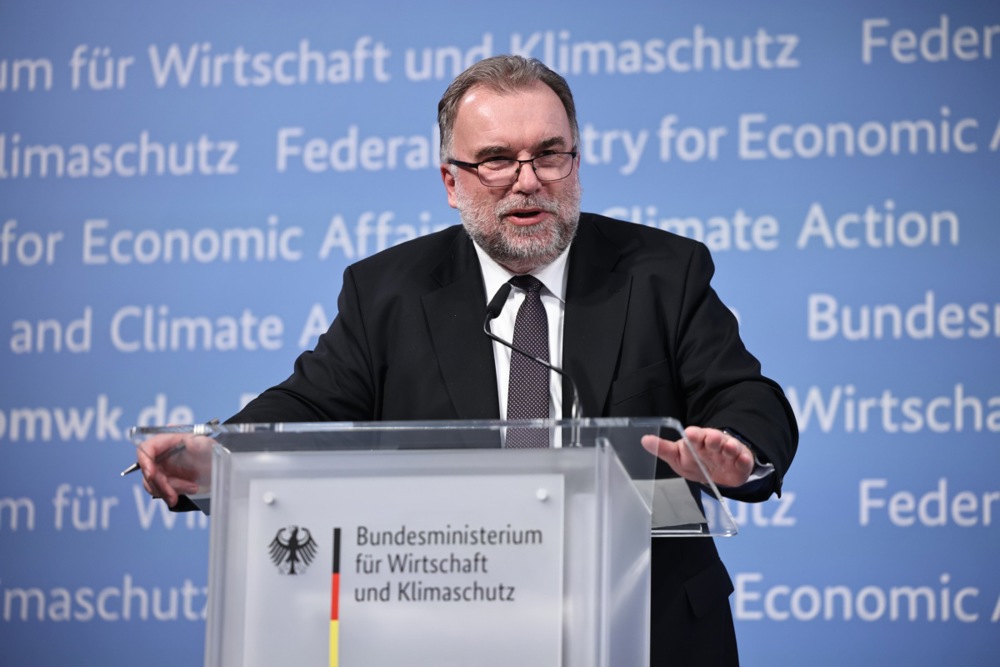Europe’s coffee merchants are sleepwalking into a caffeine crisis, the German Coffee Association (GCA) has warned.
New European Union regulations, coming into force from the start of 2025, demand deforestation-free supply chains for agricultural products but coffee producers do not seem prepared. That could lead to soaring prices for consumers, the GCA said.
“We are threatened with an undersupply on the German and European market,” it stated on March 10. “The prices for the coffee that will still be available at that time will rise significantly.”
The European Commission does not agree. It expects only a limited impact on prices. A spokesperson told Brussels Signal: “We are not aware of any evidence to confirm that the EUDR [EU Anti-Deforestation Regulation] would drive food-price inflation.”
The European Supply Chain Act strives for deforestation-free supply chains, and was approved last year.
The overall objectives of the EU’s sustainability agenda entail new standards for nations that export to the bloc’s market in addition to new requirements for European businesses to analyse their supply chains.
Companies must prove that no forest has been cleared or damaged in the production of goods after December 31, 2020.
If one of the 12 million coffee growers worldwide wants to trade its produce in Europe, it must submit the required geo-coordinates and all the required data demonstrating that its beans “exclusively stem from cultivation areas where no deforestation was necessary”.
The GCA pointed out that, according to the International Coffee Organisation, 80 per cent of coffee farms have not yet been clearly mapped – if at all.
The creation of the Supply Chain Act was aimed precisely at improving the situation, yet following its implementation, as highlighted by Managing Director of the Coffee Association Holger Preibisch, it now risks overwhelming “millions of coffee farmers worldwide”, thus jeopardising their livelihoods.
“Companies face regulatory confusion in Germany, where the ‘deforestation-free’ ordinance falls under the Federal Office for Agriculture and Food, while the Supply Chain Act is overseen by the Federal Office of Economics and Export Control, presenting overlapping requirements,” Preibisch said.
Additionally, many say the EU has not provided the required IT connections through which coffee roasters and importers are supposed to submit the relevant evidence.
The EC again disagrees. Its spokesperson told Brussels Signal: “Geo-location information can be obtained through widespread and free-to-use technology and only needs to be established once.
“Several actors on the ground are working on new easy-to-use technological solutions, such as phone applications, to allow smallholders to perform traceability via geo-location, in line with the EUDR requirements.
“Work on the Information System is ongoing according to a timeline designed to ensure that all interested stakeholders can have a properly functioning interconnection set up and ready by the entry into application,” the spokesperson concluded.
Despite that, German coffee makers fear that beans without the necessary paperwork will be outright banned come January 1 next year.
The GCA outlined concerns that, in the face of such, there will be a shortage of coffee over the next few months causing the cost to soar for consumers.
Larger coffee manufacturers have already signalled their willingness to comply with the EU law but many also demanded more time for its implementation.
“The consequences will be a clear shortage of the supply of ‘green’ coffee and prices will rise as a result,” warned a spokeswoman for Darboven, a major German coffee-manufacturer .
According to impact studies by the EC, the costs resulting from the regulations will be lower than the expected benefits. It says access to the EU market is a strong incentive for coffee producers and that there is an increasing public demand for sustainable products.
The EC also gave more time to small and micro-enterprises to comply with the law.
Next to coffee and cocoa beans, products such as chocolate, leather and furniture are also affected.
If, once in force, the regulations are found to have been breached, there will be severe penalties – at least 4 per cent of an offending company’s yearly turnover.





